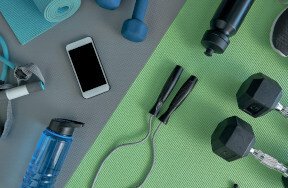It's that time of year: you're sniffling and you have a cough. You decide to take yourself to the doctor, but she says you have a virus and send you home without any special medication. YOu may have expected to receive antibiotics, but your doctor might just have done you a big favor.
The History of Antibiotics
- In 1929, Alexander Fleming was analyzing bacteria when he noticed that green mold could eradicate or prevent the growth of the bacteria he was studying.
- This led to one of the most important medical discoveries of the 20th century: the use of antibiotics against diseases like polio and tuberculosis
- Antibiotics have saved many lives and nearly eliminated diseases that wreaked havoc for centuries
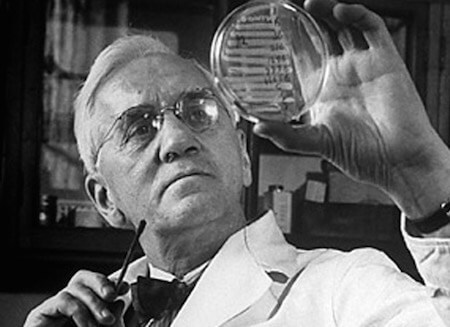 Alexander Fleming won a Pulitzer Prize for his work on penicillin. Courtesy of biomagazine.gr
Alexander Fleming won a Pulitzer Prize for his work on penicillin. Courtesy of biomagazine.gr
What Antibiotics Are Good For
- Antibiotics have been so effective that their overuse is now a serious health problem
- Many common health issues that we have are viral, like the common cold and flu.
- Antibiotics cannot cure viral issues; those illnesses must run their course.
- Antibiotics help greatly for bacterial sicknesses, like bronchitis and or ear infection.
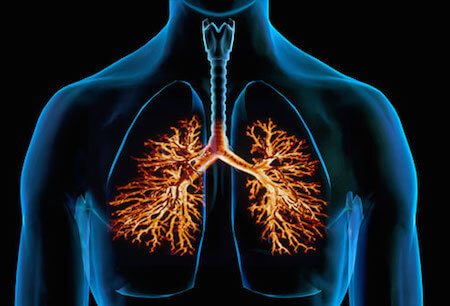 Bronchitis is an inflammation of the lungs.Courtesy of webmed.com
Bronchitis is an inflammation of the lungs.Courtesy of webmed.com
Antibiotic Overuse
- Antibiotic overuse can lead to bacteria in the body becoming resistant or immune to the antibiotic, meaning that a stronger dose is needed each time the medicine is taken, until eventually the antibiotic loses all positive effect.
- Another danger is that antibiotic-resistant bacteria may develop into a "superbug" that cannot be medically treated
- Using antibacterial soap can cause similar problems; you body needs certain bacterias and eradicating them will not help prevent colds or flus and could possibly increase your resistence to antibiotics
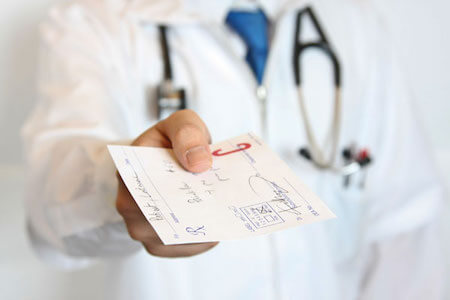 Make sure to talk to you doctor about whether or not antibiotics are necessary for you. Courtesy of ibtimes.com
Make sure to talk to you doctor about whether or not antibiotics are necessary for you. Courtesy of ibtimes.com
What You Can Do
- There are a few things you can do to preserve good bacteria in your body
- Have a talk with your doctor next time you have an appointment about when antibiotics are effective and when they are not needed
- Use simple soap and warm water to wash your hands, rather than antibacterial soap or hand sanitizer
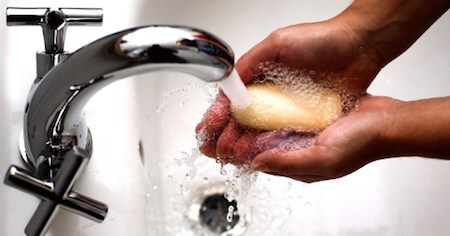 Washing your hands with just warm water and soap keeps them clean enough!Courtesy of washinghands.net
Washing your hands with just warm water and soap keeps them clean enough!Courtesy of washinghands.net
Your best bet, as with many health issues, is just to be aware of the risks and keep yourself informed on the best ways to keep yourself as healthy as possible. Your health is really up to you!
Have Your Say!
What are your thoughts on this issue? Comment and start a conversation!
































